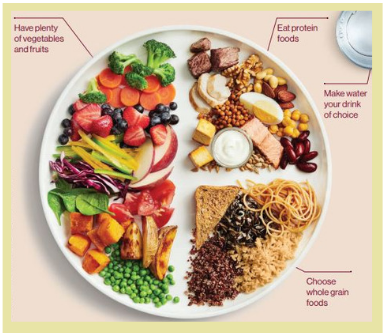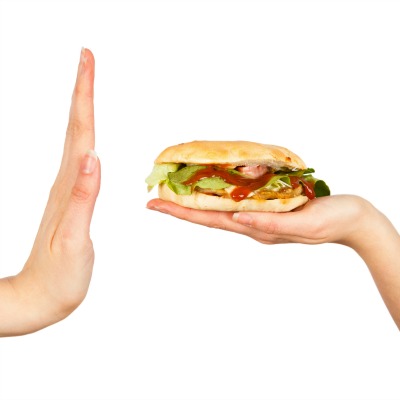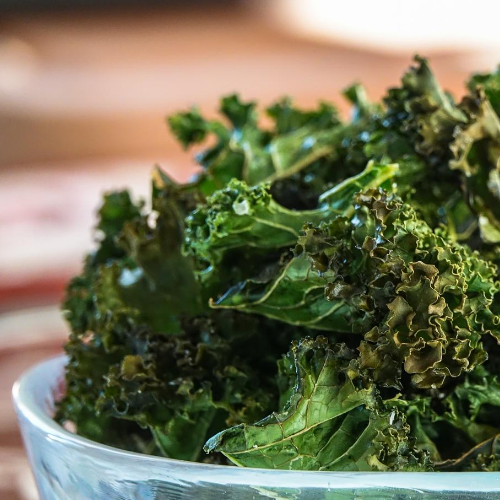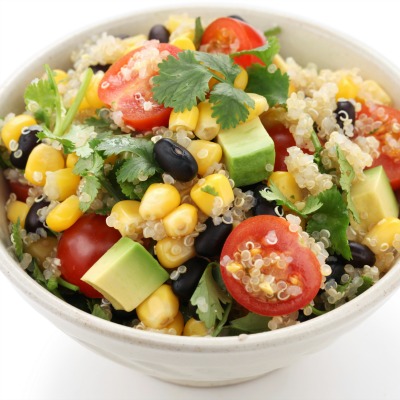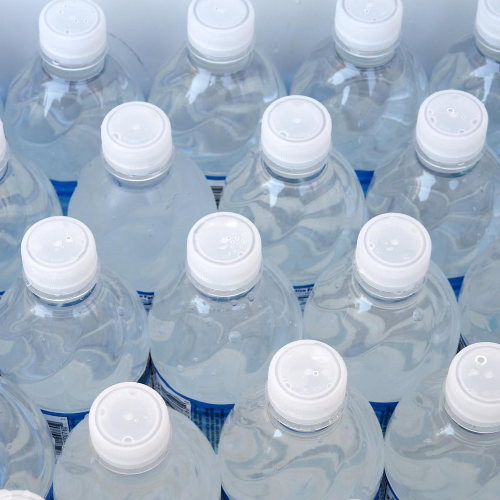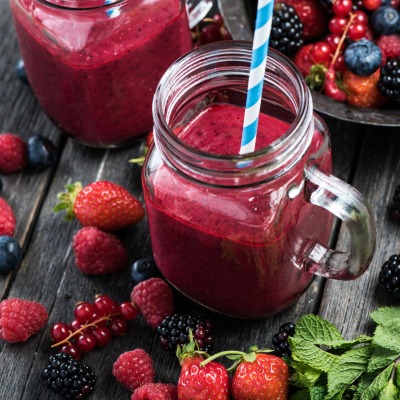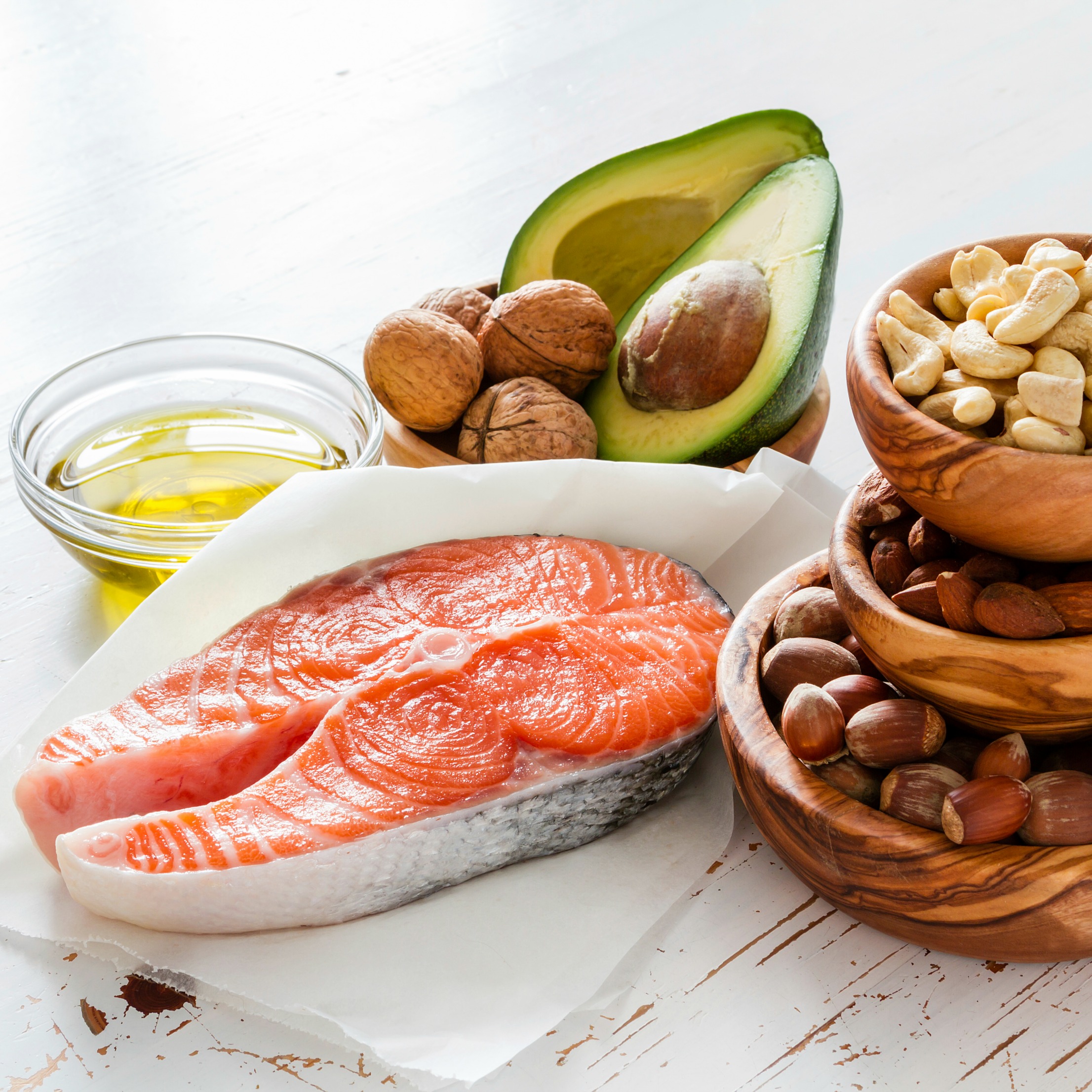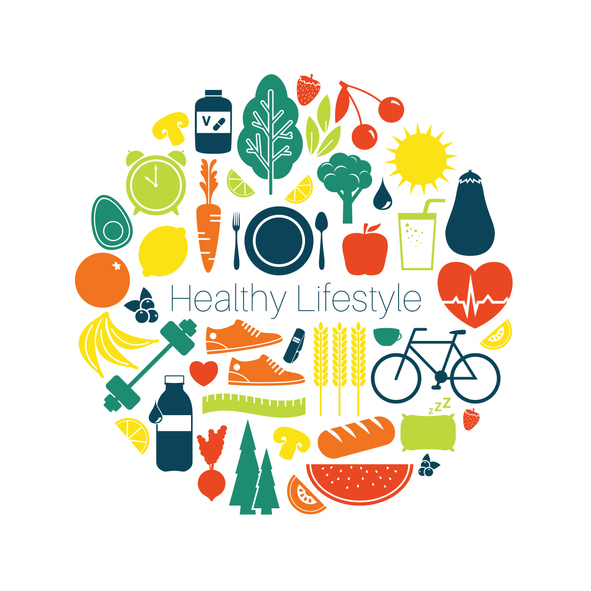
In a world of low-fat diet crazes, it may come as a shock to discover that it is not necessarily the amount of fat that matters, but rather the type of fat.

Good Fats
Good fats are the monounsaturated fats, polyunsaturated fats and omega-3 fatty acids. These fats play a key role in reducing cholesterol levels in the blood and lowering your risk of heart attack and stroke. They also provide nutrients to help develop and maintain your body’s cells.
Omega-3 fatty acids are a type of polyunsaturated fat. Their benefits rise above and beyond that of the typical monounsaturated and polyunsaturated fats. Highly concentrated in the brain, omega-3 fatty acids play a role in mental function (memory, problem-solving abilities, etc.) and emotional health. Research shows they can also:
- Prevent and reduce the symptoms of depression
- Protect against memory loss and dementia
- Reduce the risk of heart disease, stroke, and cancer
- Ease arthritis, joint pain, and inflammatory skin conditions
- Support a healthy pregnancy
Food Sources of Good Fats:
|
Monounsaturated fat |
Polyunsaturated fat |
|
|
Omega 3 fatty acids
- Fish
- Walnuts
- Ground flax seeds
- Chia seeds
- Flaxseed oil
- Canola oil
- Soybean oil
Bad Fats
Bad fats are the saturated and trans fats. Look for these types of fats on food products and try to avoid them as much as possible because they are responsible for increasing your risk of disease and elevating your cholesterol.
Food Sources of Bad Fats:
|
Saturated fat |
Trans fat |
|
|
How much fat should you eat?
This depends on your lifestyle, your weight, your age, and the state of your health. In general, it is recommended the average individual:
- Keep total fat intake to 20-35% of calories
- Limit saturated fats to less than 10% of daily calories (200 calories for a 2000 calorie diet)
- Limit trans fats to 1% of calories (2 g per day for a 2000 calorie diet)
Reduce the saturated fat in your diet:
- Eat less red meat (beef, pork, or lamb) and more fish and chicken
- Go for lean cuts of meat and white meat, which has less saturated fat
- Bake, broil, or grill instead of frying
- Remove the skin from chicken and trim as much fat off as possible before cooking
- Avoid breaded meats and vegetables, and deep-fried foods
- Choose low-fat milk and lower-fat cheeses whenever possible
- Use liquid vegetable oils such as olive oil or canola oil instead of lard, shortening, or butter
- Avoid cream and cheese sauces




